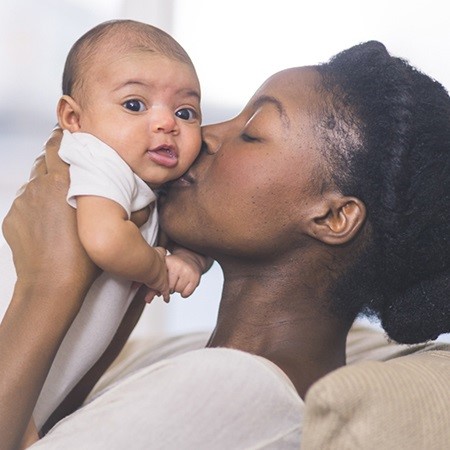| High court favors abortion over women's health Friend, pro-abortion advocates are breaking their own rules. The rallying cry of abortionists has been that women’s lives, health and interests are more important than the life of the child growing inside of them.  | Double your gift to save
babies from abortion! | | | However, when it’s a choice between women’s health and expanding the powerful abortion industry, abortion wins every time. That was evident with Monday’s Supreme Court ruling striking down a pro-life Louisiana law intended to protect the lives of women who seek abortions. In a 5-4 decision, the high court ruled against the state law requiring abortion doctors to obtain admitting privileges at a local hospital. The law was created to combat abortion clinics from using unqualified abortionists. During its investigation of the abortion industry, the legislature found that women seeking abortions were at risk from under-qualified medical professionals operating in unsanitary settings. One clinic, for example, hired an ophthalmologist and a radiologist to perform abortions! If this were any other industry but abortion, the courts would not hesitate to approve a state’s attempt to protect its citizens from harm. Mothers and their babies are at risk! The ruling against life is just one example of a culture that is standing against life. This pro-abortion culture is the sad reality right now in our society. But you can stand up for mothers and their babies. Your gift today will help Focus on the Family reveal life to expectant mothers through our Option Ultrasound program that equips pregnancy medical clinics with state-of-the-art ultrasound machines, and nurses’ sonography training to help a mother meet her child. Every $60 you send will help save the life of one preborn baby through our Option Ultrasound program. And now through a generous $700,000 Matching Gift
opportunity from friends like you who value life, your gift today will be DOUBLED, dollar for dollar! And if you give monthly, your first monthly gift will be DOUBLED as well! No matter what our courts or our culture says, every life is valuable. Stand up for every life and love every heartbeat — mothers and their babies — with your gift today. Give now to see your support matched up to $700,000 to protect women and save babies from abortion! Here’s a link where you can make your gift: FocusOnTheFamily.com/SaveLife. Jim Daly
President, Focus on the Family |